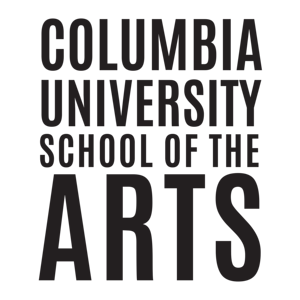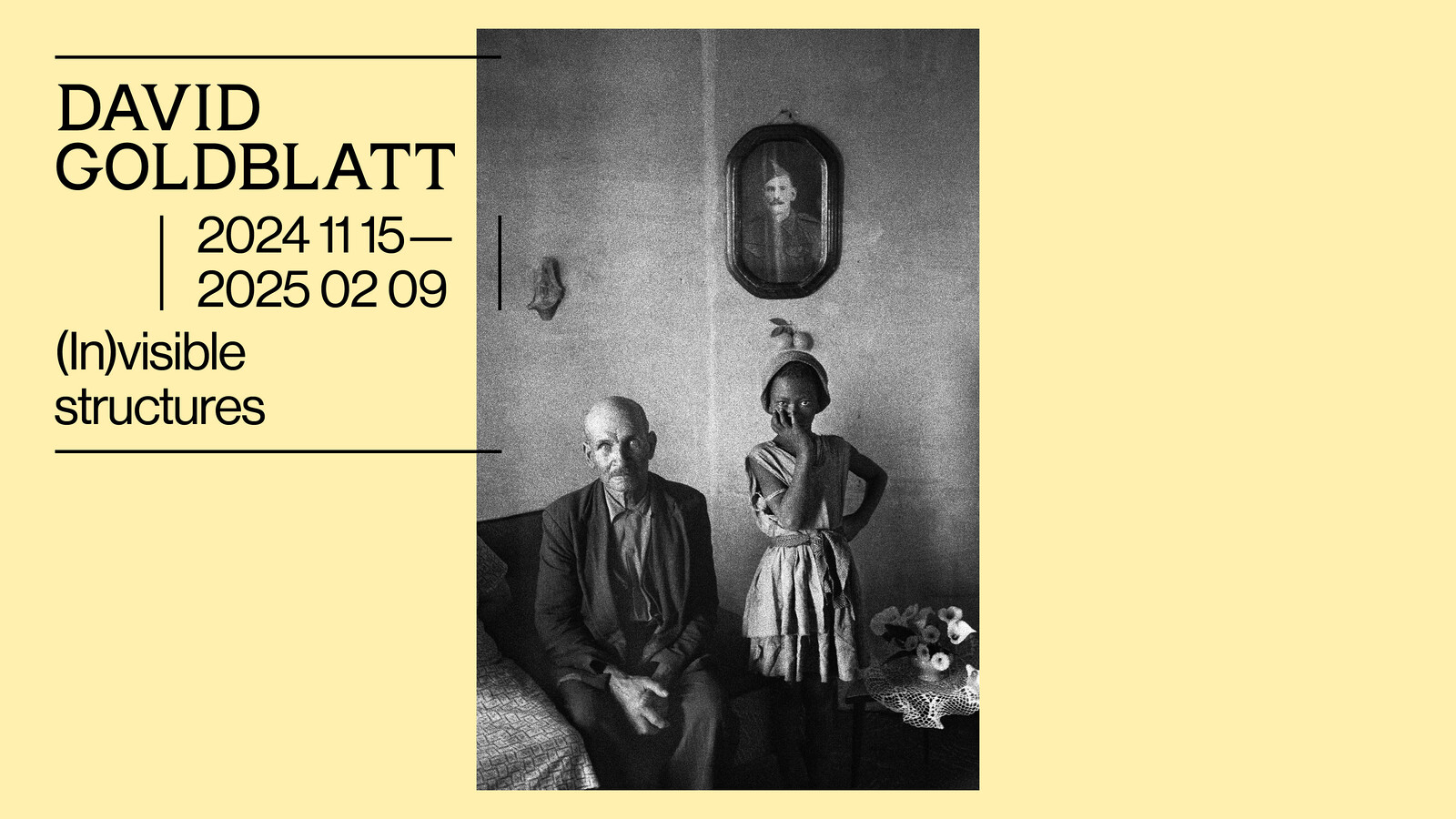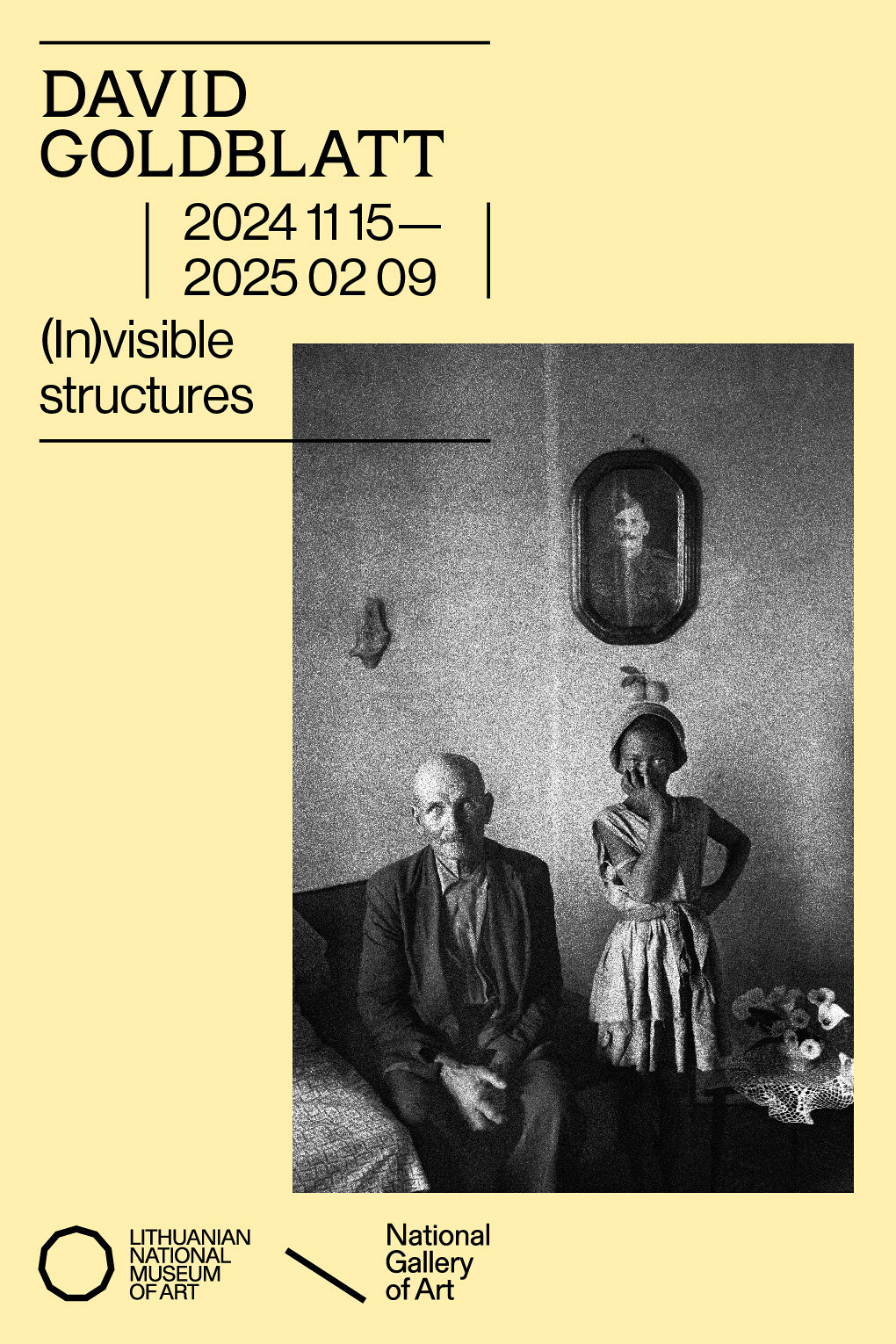Dodge Hall
2960 Broadway
New York, New York 10027
United States
arts@columbia.edu
Columbia University School of the Arts and the Mother Tongue Film Festival present a sneak peek of the documentary, Helena of Sarayaku, and a virtual conversation between director Eriberto Gualinga and Amalia Córdova, Smithsonian Institution. Introduced by Ron Gregg, Concentration Head, MA in Film and Media Studies.
About Helena of Sarayaku:
Helena is a 17-year-old student in Finland. Her father is Swedish, and her mother is originally from the Kichwa people of Sarayaku, who live in the heart of the Ecuadorian Amazon. On a recent trip there, Helena participates in the traditional Uyantza Raymi cultural festival, and meets with Kichwa leaders who ask her to deliver a message to the world—Kawsak Sacha, or “Living Forest,” an innovative concept in conservation, in which the jungle is considered to be a living being. After COVID-19 confines Helena in Puyo—the closest city to Sarayaku — she learns that 80% of her community has been infected with the virus, and that the Bobonaza River has flooded part of her village. She is Helena of Sarayaku, and this is her story.
Note: The documentary will be available to stream through Friday, March 11, using the credentials provided to registrants. Please register to receive the login information.
2021 / Ecuador / Kichwa, English, and Spanish, with English subtitles / 70 minutes.
For additional context, watch Tiam/The Return, a 17-minute film by Eriberto Gualinga: “While millions of people around the world go into lockdown amid the coronavirus crisis, a family in the Ecuadorian Amazon has opted to move deeper into the relative safety of the jungle. As they reconnect with dormant ancestral knowledge, their affinity with nature begins to flourish.”
Co-presented by the Center for the Study of Social Difference; Columbia University School of the Arts; Institute of Latin American Studies; MA in Film and Media Studies; Mother Tongue Film Festival, Smithsonian; and the Working Group on Environmental Justice, Belief Systems, and Aesthetic Experiences in Latin America and the Caribbean.
Columbia University School of the Arts recognizes Manhattan as part of the ancestral and traditional homeland of the Lenni-Lenape and Wappinger people. By acknowledging legacies of displacement, migration, and settlement, we are taking a small first step toward the long and overdue process of healing and repair.
We acknowledge with respect the Piscataway people on whose traditional territory the Smithsonian stands and whose relationship with the land west of the Chesapeake Bay continues today.



